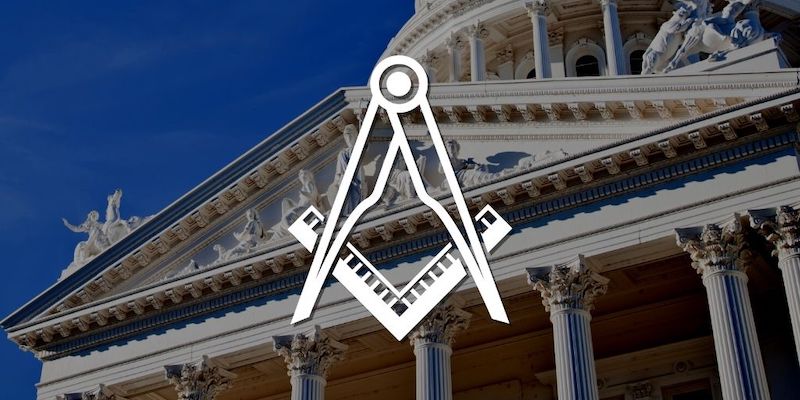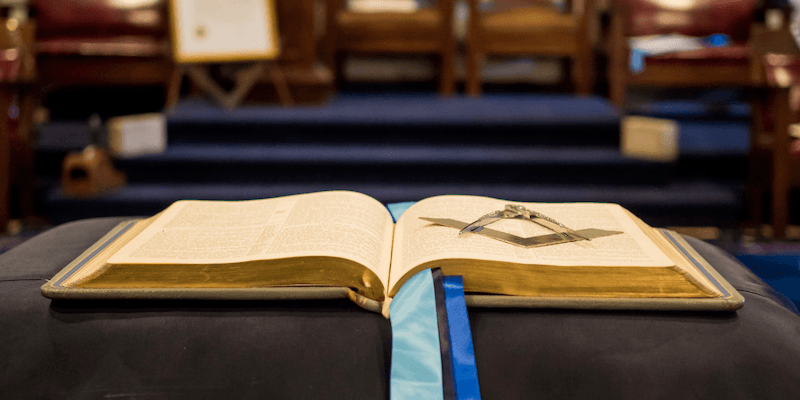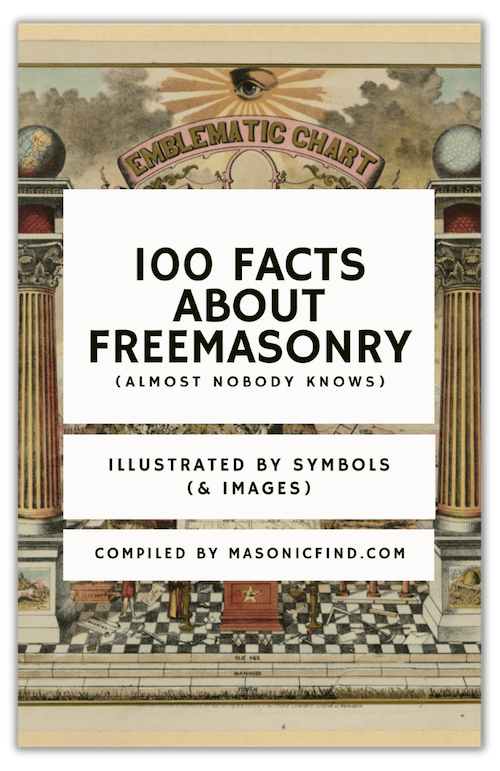Government employees are held to high ethical standards, and their actions are closely monitored to ensure they maintain impartiality and avoid any conflicts of interest.
With this in mind, it’s natural to wonder whether government employees can become Freemasons, a fraternal organization that has been the subject of much speculation and conspiracy over the years.
In this article, we will explore the relationship between Freemasonry and government employment, examining the rules and regulations that govern membership in the organization and the potential conflicts of interest that may arise for government employees who choose to become Freemasons.
We will also examine the arguments for and against government employees joining the organization, and consider the broader implications of this issue for the relationship between government and civil society.
TLDR: Yes, government employees are generally allowed to join Freemasonry. Freemasonry is a fraternal organization that welcomes individuals from various backgrounds, including government employees.

What is Freemasonry?
Freemasonry is a brotherhood dedicated to moral and personal development, as well as the betterment of society.
Freemasonry is often shrouded in mystique and secrecy, which has only added to its allure and intrigue over the years.
The history of Freemasonry can be traced back to the Middle Ages in Europe, where it began as a guild of skilled builders.
As the need for cathedral building declined, the organization evolved into a group focused on moral and personal development.
Today, Freemasonry is a worldwide organization with members from all walks of life, including politicians, engineers, scientists, writers, inventors, and philosophers.
One of the defining characteristics of Freemasonry is its use of rituals and symbols.
These traditions are used to communicate important moral and ethical lessons, and to help members better understand themselves and the world around them.
Despite its reputation for secrecy, Freemasonry is not a secret society.
Its members are free to discuss their membership and the organization’s activities with others.
However, certain aspects of the organization are kept private, such as the specific details of its rituals and ceremonies.
Many prominent figures throughout history have been members of the Freemasons, including several of the United States’ founding fathers.
However, despite its long history and many notable members, Freemasonry remains a somewhat enigmatic organization that continues to fascinate and intrigue people around the world.
Can Government Employees Join Freemasonry?
Yes, government employees are generally allowed to join Freemasonry. Freemasonry is a fraternal organization that welcomes individuals from various backgrounds, including government employees.
However, it’s important to note Freemasonry promotes a strict separation between a member’s Masonic activities and their professional responsibilities.
Freemasons are expected to uphold the principles of integrity, honesty, and moral conduct in all aspects of their lives, including their public service roles.
As long as government employees fulfill their professional duties and abide by the laws and regulations of their respective positions, they are typically free to pursue membership in Freemasonry.
It’s always advisable for government employees to familiarize themselves with their organization’s policies and consult any relevant codes of conduct to ensure compliance and avoid any conflicts of interest.
To join Freemasonry, one must meet certain requirements.
These requirements vary depending on the jurisdiction, but some of the common ones include:
- Being a male of lawful age (usually 18 years or older)
- Believing in a Supreme Being
- Having a good character and reputation
- Being financially stable enough to pay annual dues
Petition Process
The process of joining a Masonic lodge involves submitting a petition form.
This form is usually provided by the Grand Lodge for the lodges in its jurisdiction.
The petition form asks for basic information about the petitioner, such as their name, age, occupation, and reason for wanting to join.
Once the petition is submitted, it is reviewed by the lodge’s investigating committee.
This committee interviews the petitioner and conducts a background check to ensure that the petitioner meets the requirements for membership.
Opinions on Government Employees Joining Freemasonry
Opinions on whether government employees should be allowed to join Freemasonry vary.
Some people believe government employees should not be members of secret societies, as it could lead to conflicts of interest or the appearance of impropriety.
Others believe government employees should be allowed to join Freemasonry as long as they meet the requirements and do not use their membership for personal gain.
The Role of Freemasonry in Government
Freemasonry has played a role in government throughout history.
Many influential figures, such as George Washington and Benjamin Franklin, were Freemasons.
However, the role of Freemasonry in government today is largely ceremonial.
The Role of Government in Freemasonry
The government has no official role in Freemasonry and Freemasonry is a private organization independent of the government.
However, there have been conspiracy theories about Freemasonry’s influence on government.
These theories are largely unfounded and have been debunked by historians.
Becoming a Freemason

The process of becoming a Freemason involves several steps and qualifications.
Freemasonry welcomes men of every country, religion, race, age, income, education, and opinion.
However, to join Freemasonry, one must meet the following qualifications:
The Three Degrees
The first step in becoming a Freemason is to become an Apprentice. After completing the Apprentice degree, one becomes a Fellowcraft, and, finally, a Master Mason.
These three degrees are the foundation of Freemasonry and represent significant milestones in the journey towards becoming a Freemason.
Additional Degrees
After becoming a Master Mason, one can pursue additional degrees in different branches of Freemasonry, such as the Scottish Rite or York Rite.
These additional degrees offer a deeper understanding of the principles and teachings of Freemasonry.
The Role of Religion in Becoming a Freemason
To become a Freemason, one must believe in a Supreme Being.
However, Freemasonry is not a religion, and it does not promote any particular religion.
Freemasonry welcomes men of all religions and encourages them to practice their faith.
The Role of Race in Becoming a Freemason
Freemasonry welcomes men of every race. It does not discriminate based on race, ethnicity, or nationality.
Freemasonry promotes unity and equality among all men.
The Role of Integrity in Becoming a Freemason
Integrity is a fundamental principle of Freemasonry. To become a Freemason, one must have a good reputation and be of good character.
Freemasonry values honesty, loyalty, and trustworthiness.

FREE DOWNLOAD: 100 FACTS ABOUT FREEMASONRY (ALMOST NOBODY KNOWS)
Join the 10,000+ Brethren from around the world inside our weekly Masonic newsletter and get our best selling ebook for free (usual value: $20).
In conclusion, becoming a Freemason is a journey that requires dedication, commitment, and a belief in the principles and teachings of Freemasonry.
Freemasonry welcomes men of every country, religion, race, age, income, education, and opinion who meet the qualifications and are committed to upholding the values of Freemasonry.